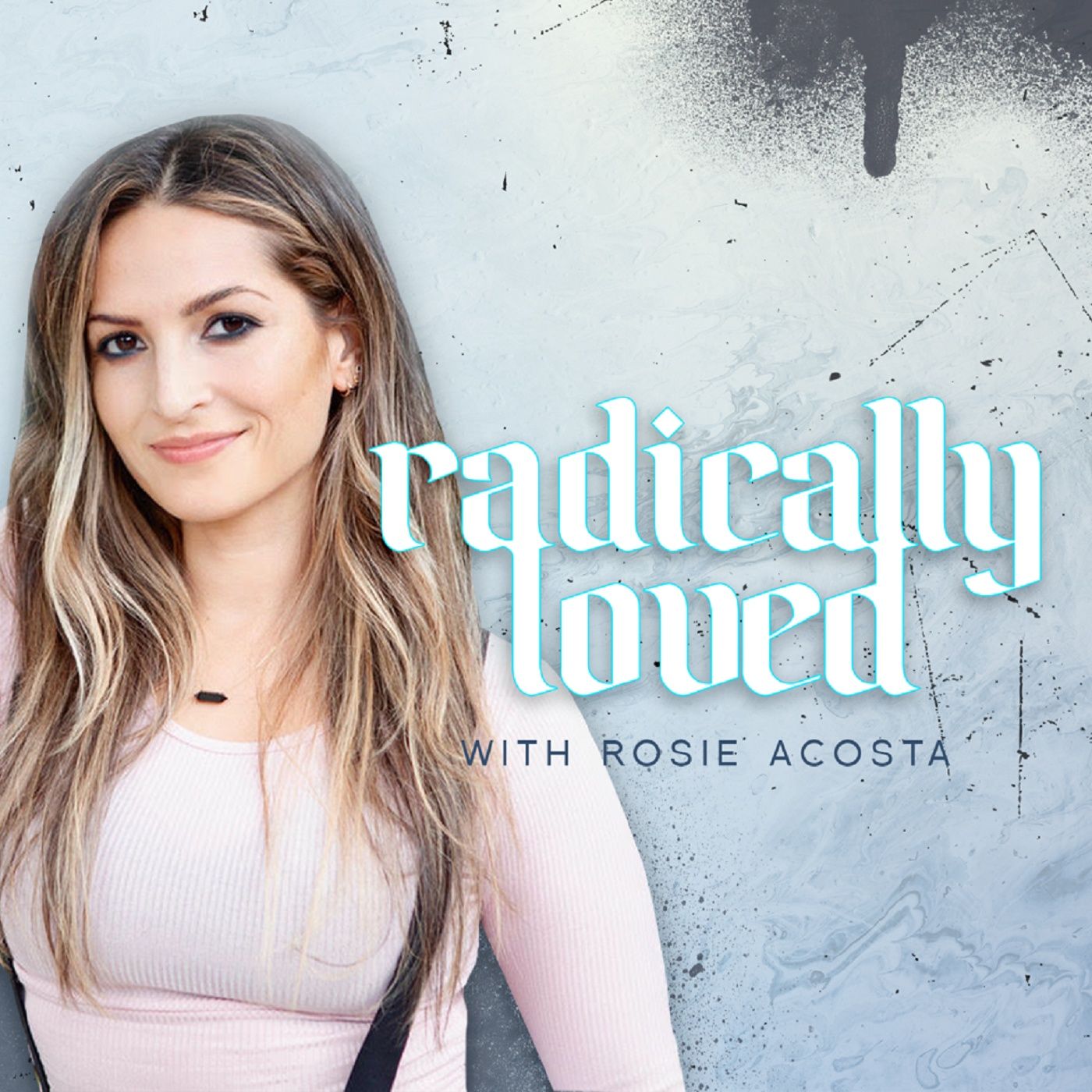- Health
- SEE MORE
- classical
- general
- talk
- News
- Family
- Bürgerfunk
- pop
- Islam
- soul
- jazz
- Comedy
- humor
- wissenschaft
- opera
- baroque
- gesellschaft
- theater
- Local
- alternative
- electro
- rock
- rap
- lifestyle
- Music
- como
- RNE
- ballads
- greek
- Buddhism
- deportes
- christian
- Technology
- piano
- djs
- Dance
- dutch
- flamenco
- social
- hope
- christian rock
- academia
- afrique
- Business
- musique
- ελληνική-μουσική
- religion
- World radio
- Zarzuela
- travel
- World
- NFL
- media
- Art
- public
- Sports
- Gospel
- st.
- baptist
- Leisure
- Kids & Family
- musical
- club
- Culture
- Health & Fitness
- True Crime
- Fiction
- children
- Society & Culture
- TV & Film
- gold
- kunst
- música
- gay
- Natural
- a
- francais
- bach
- economics
- kultur
- evangelical
- tech
- Opinion
- Government
- gaming
- College
- technik
- History
- Jesus
- radio
- movies
- services
- Church
- podcast
- Education
- international
- Transportation
- Other
- kids
- podcasts
- philadelphia
- Noticias
- love
- sport
- Salud
- film
- and
- 4chan
- Disco
- Stories
- fashion
- Arts
- interviews
- hardstyle
- entertainment
- humour
- medieval
- literature
- alma
- Cultura
- video
- TV
- Science
- en
Episode 73| INTENTION| 5 Ways to Kick Bad Habits

1. It’s your brain. Bad Habits is simply what our brains do. They’re designed to create neural pathways that provide the best results. So, when a desire triggers a reaction that in turn satisfies that initial urge, the brain takes note. The next time that desire arises, the brain calls up the circuitry that got the job done before. When an urge is satisfied—whether for soothing, attention, or any other response—we experience a rush of dopamine, the neurochemical associated with feeling good. After a few blasts of dopamine, we start to crave more, which then drives us to indulge in the triggering behavior, be it eating fast food, checking your phone, or lighting up a cigarette. Voila! You have a habit. 2. Will, want, won’t Recognizing bad habits —the trigger, the impulse, the brain’s learned way to satisfy that need—is just part of the process of unwinding them. There also needs to be an intention to do things differently, tied to something that deeply matters to you. 3. Remember HALT When you get clear on your want—the deeply personal reason for wanting to make a habit change (hint: “I should” isn’t one of them)—then begins the work of strengthening your ability to choose differently (aka, willpower). But as anyone who has tried to diet or commit to exercise knows, saboteurs to our will abound. This is when psychologist Christopher Willard recommends employing the acronym HALT. Hungry, Angry/Anxious, Lonely, Tired 4. Try compassion - Research shows that when we criticize ourselves, it actually short-circuits the brainpower we need to unwind old habits and adopt new ones. Criticism (self or external) causes the same fight-or-flight impulse, limiting access to the higher functions of the brain, like being able to see the bigger picture, explains life coach and mindfulness instructor Carley Hauck. “Criticism makes us feel more anxious, more depressed, and more afraid of failure.” If you regularly tell yourself you “can’t” or that you’re not enough in some way, try using a more compassionate and understanding tone instead. Once we can be compassionate in our thinking, we can figure out the next best step to take toward the change we want. 5. See it, and believe it- Mindfulness helps build the ability to resist giving in to urges that foster unhealthy habits. Visualize the circumstances that typically trigger an urge. Notice what thoughts and feelings arise in the body. See if you can identify where you feel that urge physically, but don’t engage it. Instead, relax the body and tune in to your breathing, in and out.
This show is part of the Spreaker Prime Network, if you are interested in advertising on this podcast, contact us at https://www.spreaker.com/show/5250338/advertisement